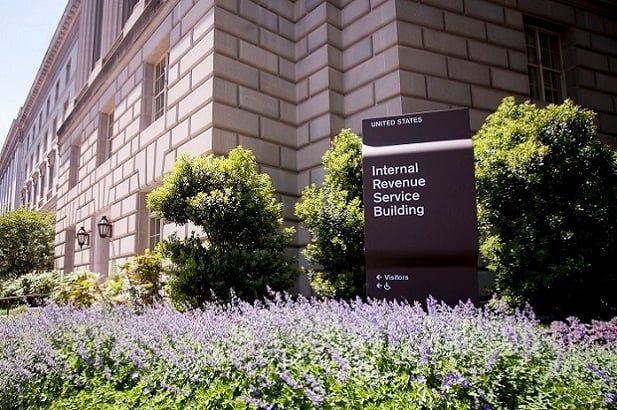 (Photo: Diego M. Radzinschi/THE NATIONAL LAW JOURNAL)
(Photo: Diego M. Radzinschi/THE NATIONAL LAW JOURNAL)
The IRS has granted additional, albeit temporary, COVID-19-related relief for sponsors of "safe-harbor" 401(k) and 403(b) plans — plans that are exempt from one or both of the ADP and ACP nondiscrimination tests.
Notice 2020-52, which was recently issued, provides temporary relief from the current requirements for mid-year amendments to such plans, and provides additional clarification regarding mid-year amendments to safe-harbor plans that only affect highly compensated employees.
This guidance is welcome relief for plan sponsors who feel the financial need to reduce or suspend employer contributions under these plans, but who may not be able to satisfy the current regulatory requirements for mid-year amendments.
Background
Employee deferrals, whether pre-tax contributions or designated Roth contributions, to 401(k) plans generally must satisfy the Average Deferral Percentage (ADP) test, which compares the average deferral rate of non-highly compensated employees (NHCEs) to the average deferral rate of highly compensated employees (HCEs).
Continue Reading for Free
Register and gain access to:
- Breaking benefits news and analysis, on-site and via our newsletters and custom alerts
- Educational webcasts, white papers, and ebooks from industry thought leaders
- Critical converage of the property casualty insurance and financial advisory markets on our other ALM sites, PropertyCasualty360 and ThinkAdvisor
Already have an account? Sign In Now
© 2024 ALM Global, LLC, All Rights Reserved. Request academic re-use from www.copyright.com. All other uses, submit a request to [email protected]. For more information visit Asset & Logo Licensing.








